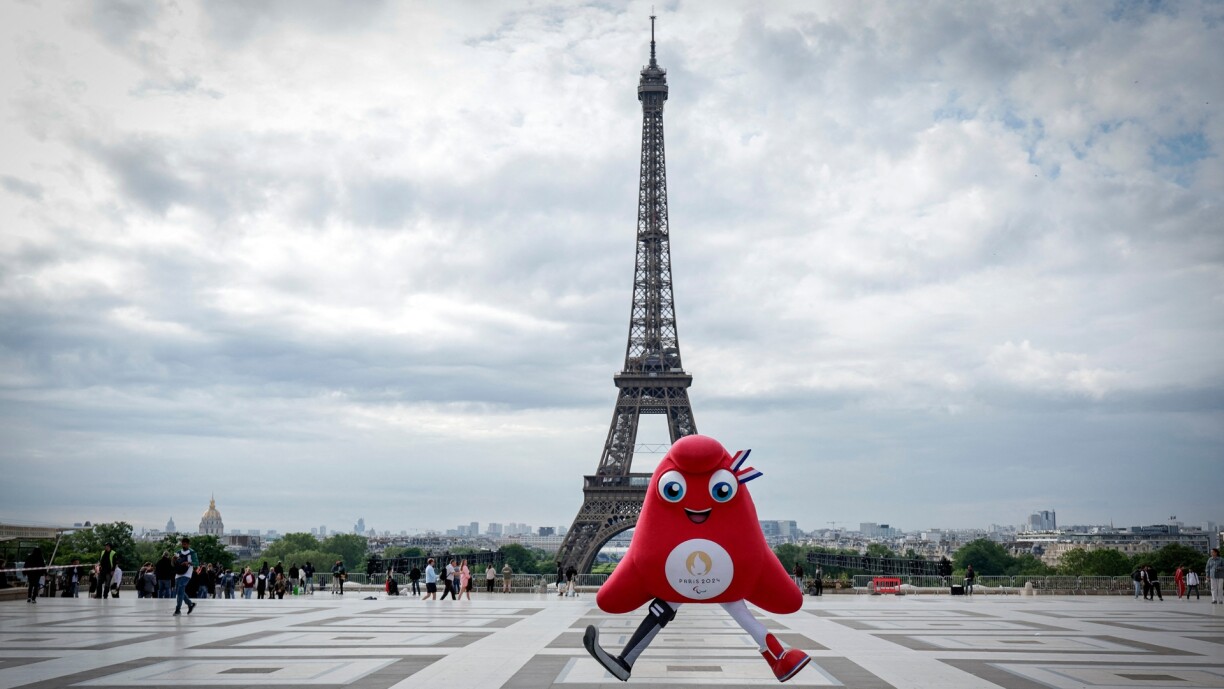
While the Paralympic Games contribute to greater visibility, societal barriers still persist in daily interactions between able-bodied and disabled people, says Luxembourg shot-putter Tom Habscheid.
He notes that many people are unsure how to behave around disabled individuals, leading to a range of reactions. Habscheid explains that some people overcompensate by being “super friendly” but often come across as intrusive, while others withdraw entirely, avoiding interaction. This, he believes, highlights an “underlying mental barrier” that still exists in society.
The organisers of the Paris 2024 Games aim to break down such barriers in sports by elevating both the Olympics and Paralympics to the same level. Their efforts include using the same logo – where the Olympic rings are replaced by the International Paralympic Committee logo for the Paralympics – creating a mascot with two versions, one with and one without prosthetics, and striving for increased spectator turnout and media coverage.
Whether the Paralympics will receive the same global media attention as the Olympics and whether the spectators will generate a similar atmosphere remains to be seen in the coming days.
Katrin Kohl, who will be competing in the Paralympics for the first time in the 100m wheelchair sprint, is excited about the experience. She is particularly looking forward to performing in front of a larger audience. Kohl recalls having positive experiences at past events, noting that the 2023 World Championships were “not bad”. She has especially fond memories of the Grand Prix in Paris earlier this year, where school classes cheered them on in unison.
Around 4,400 athletes are set to compete in 23 different disciplines at the Paralympics. They will be housed in the same village as the Olympic athletes. With such a large number of athletes with physical limitations in attendance, ensuring accessible infrastructure and efficient transport could pose significant challenges for the organisers.
Kohl, who has previous experience competing in events with many wheelchair athletes, recalls some logistical difficulties. At certain World Championship events, she noted that hotels often had only two or three lifts, leading to long queues of athletes waiting to use them. Although Kohl is capable of using stairs and has occasionally done so with assistance carrying her wheelchair, she emphasises that this is not an option for all wheelchair users.
Habscheid remains optimistic about the visibility of the athletes’ performances at the Paralympics and the overall atmosphere of the event. “As I’ve seen with the Olympics, the hype is really strong, and I believe, and hope, that it will be the same for the Paralympics. That would truly make me happy”, he said.
The opening ceremony, featuring the Paralympic athletes, will take place on Wednesday evening at 8pm, with the Place de la Concorde and the Champs-Elysées serving as the main venues.